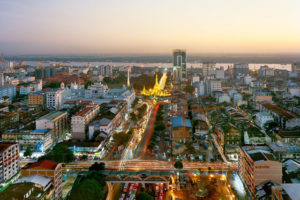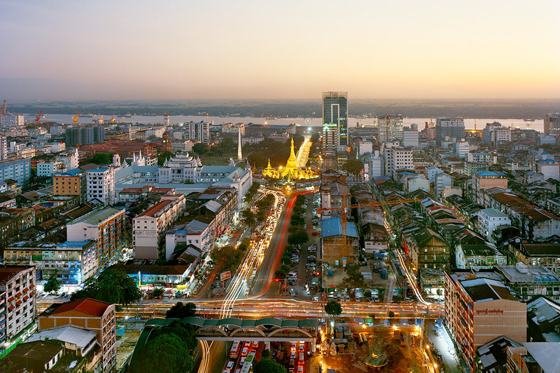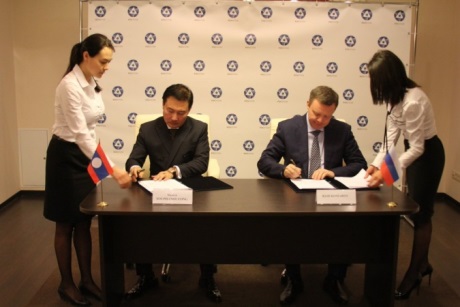 Super business challenges in Myanmar
Super business challenges in Myanmar
YANGON, 27 March 2018: Family-run firms, a lack of transparency and murky money networks in the former junta-led country continue to make doing business in Myanmar “super challenging”, a new study mapping the country’s top companies said on Monday.
Myanmar’s economy remains dominated by military firms and an elite of crony capitalists –- a legacy of 50 years of military rule which ended in 2011.
But some companies are striving to reform as mindsets start to change, the “Pwint Thit Sa” (“Blossoming”) study has found.
As Myanmar opened up, foreign investors flocked to the new frontier market on a wave of optimism and high expectations.
Delays in beefing up laws to meet international standards, however, have disappointed many companies — scaring off Western firms in particular.
The study, the most ambitious of its kind, ranked 182 Myanmar public, private and listed companies on 74 criteria looking at everything from auditing practices and ethics to whether the company even has a website.
“For some companies, they are leading in the region,” said report co-author and Director of Myanmar Centre for Responsible Business Vicky Bowman.
“But for most of the companies we look at they obviously have a long way to go before they are on a level with their Thai, Malaysian or Singaporean counterparts.”
Tycoon Serge Pun’s First Myanmar Investment, which also owns FMI Air, kept the number one spot with a score of 91%, while Tay Za’s Htoo Group, which has business interests in — among others — the banking, construction and airline industries, scored just 5%.
The report acknowledged that “a reputation for cronyism and corruption continues to overhang Myanmar” with certain sectors like the jade and mining industries faring much worse than others.
“The current government has resumed the practice of the previously military government of encouraging ‘tycoons’ to donate to government funds for causes such as ‘peace’, and more recently, northern Rakhine State,” it added.
The Rakhine crisis that has seen some 700,000 Rohingya Muslims forced out in what the UN brands as “ethnic cleansing” has left the country’s image in the West shattered with a real threat of the return of international sanctions.
Managing reputational risks is just one of the considerations for potential new investors.
A new Companies Law due to take effect in August will finally shake up the business landscape, replacing the 1914 Burma Companies Act and allowing foreign companies to buy up to a 35% stake in Myanmar companies.
“It’s true that it’s super challenging to do business here but, again, you have to consider the context and you need to fit your business model to the context,” said Yever Managing Director and co-author Nicolas Delange.
“The most important thing is to observe the trend and the trend is definitely moving up,” he added. “There is a mindset evolution and it takes time.”
Source: http://www.ttrweekly.com/site/2018/03/super-business-challenges-in-Myanmar/


